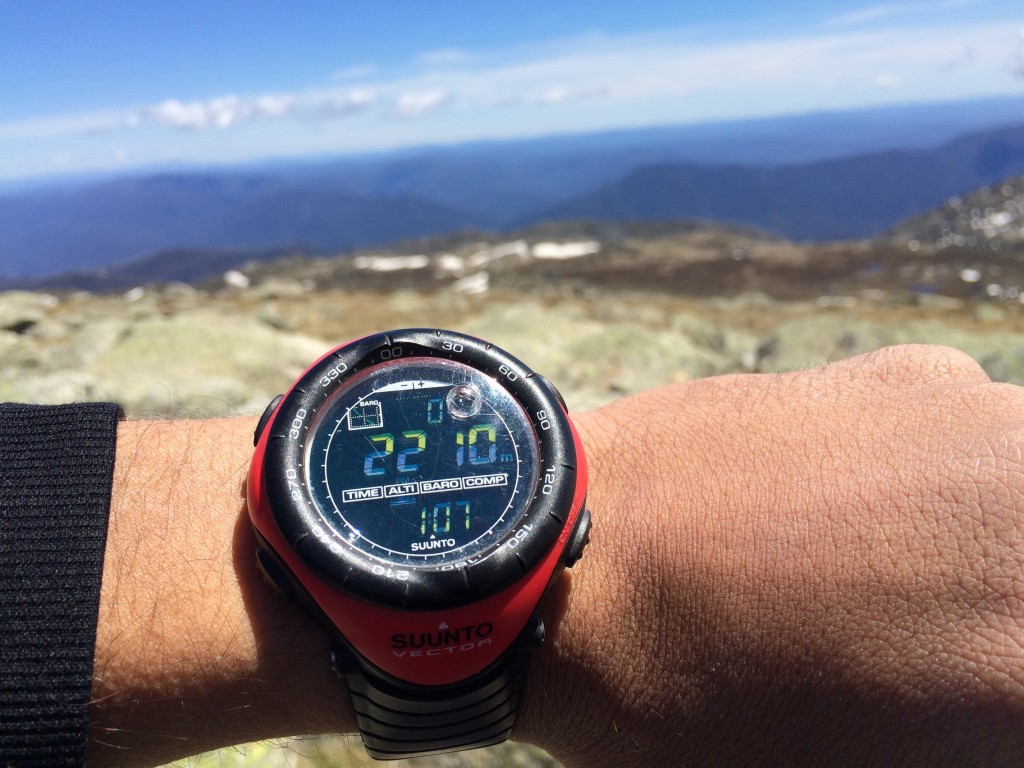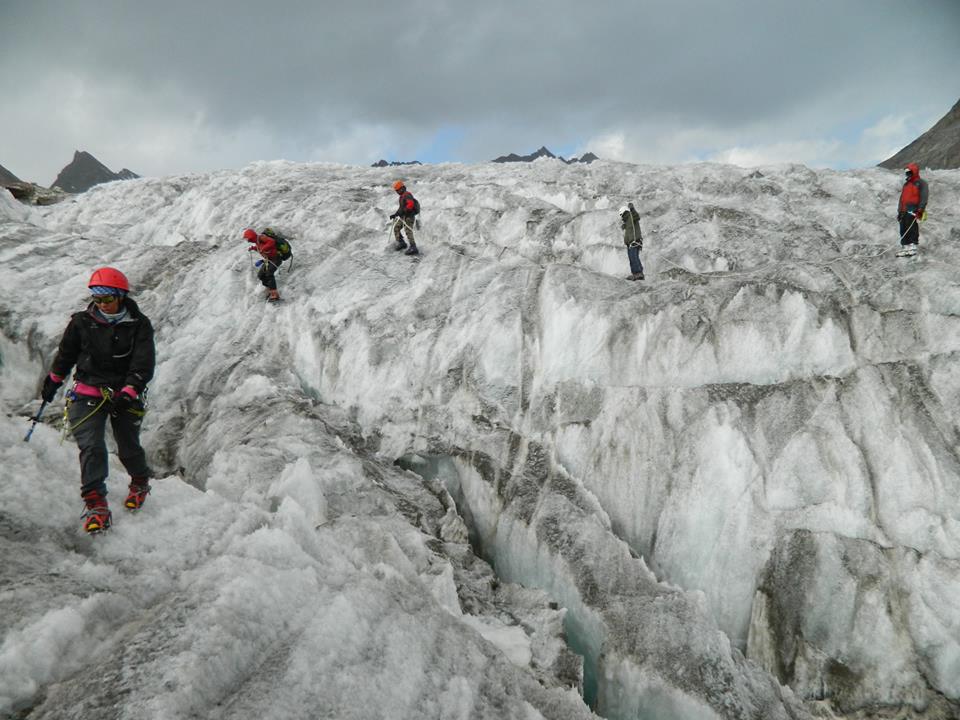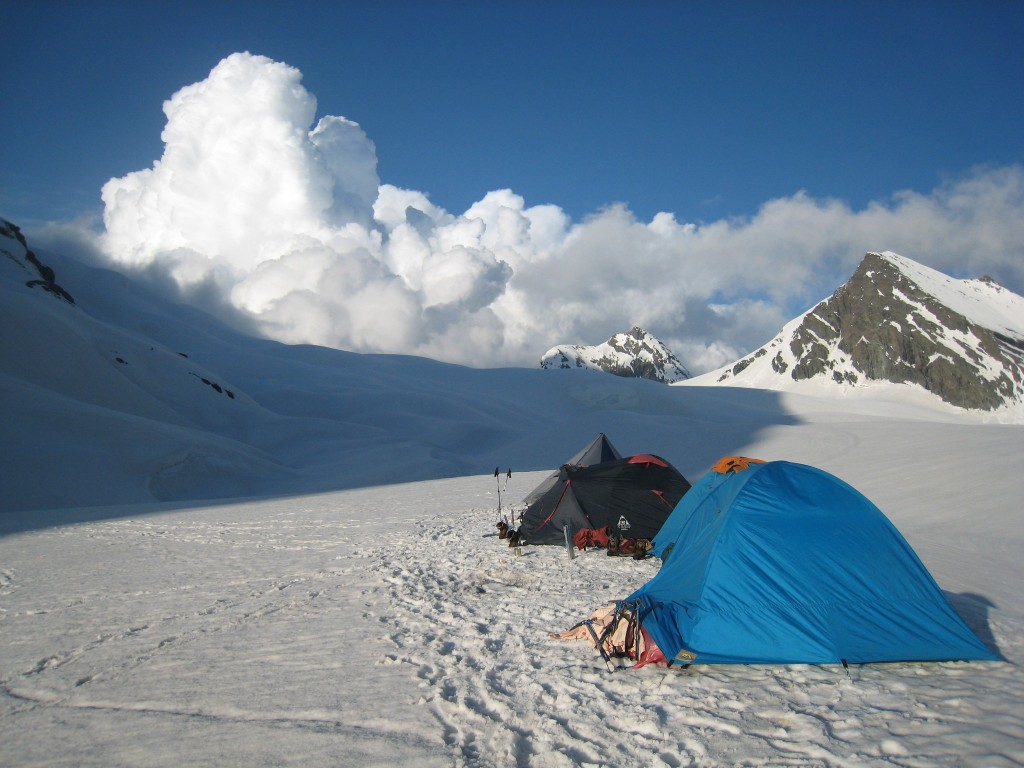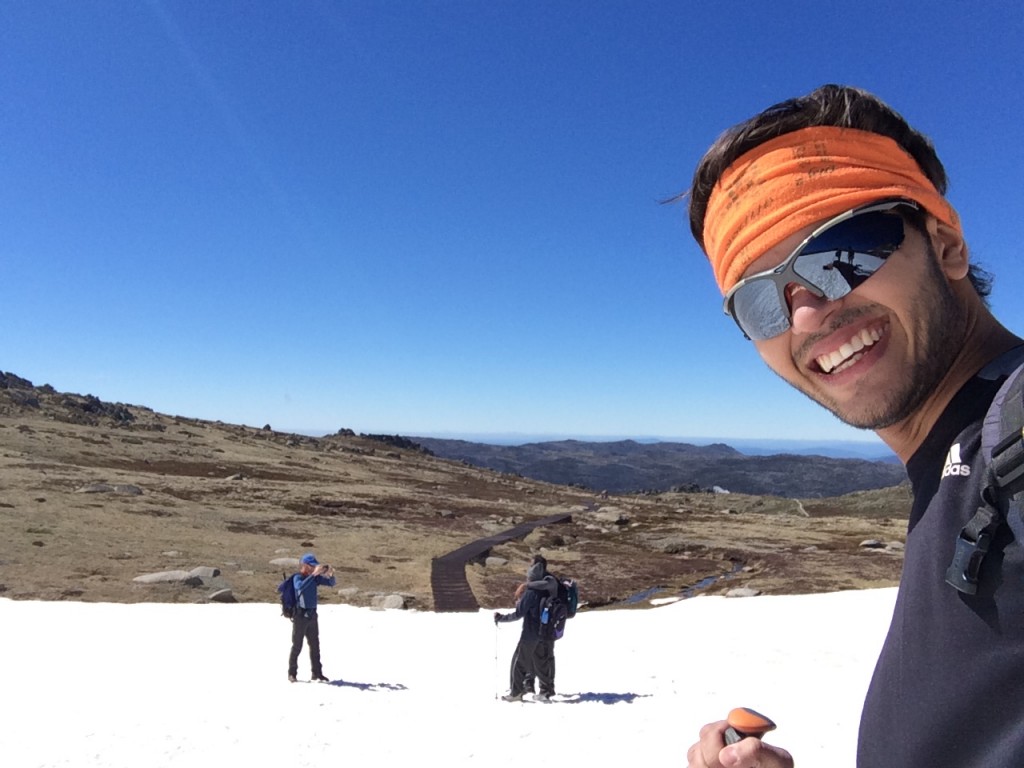A man with many feathers in his cap, Delhi University-alumni Akash Jindal is a mountaineer, an entrepreneur and an activist passionately raising awareness for Viral Hepatitis. Unlike most youngsters, Akash has been scaling new heights since the tender age of 16 and at 18, he was featured in the Limca Book of Records as the youngest person ever to climb Mt. Elbrus, the loftiest mountain in Europe. Since then, he has been a part of and led, a wide range of expeditions across all continents. The next peak on Akash’s list is the famous – and infamous – Mt. Everest, which he’s preparing to scale in Summer 2016.
Inspired and awed by his achievements, TYS got in touch with Akash, hoping to learn more about his life, aspirations and to gain some knowledge about how one becomes a mountaineer.
Over your career as a mountaineer thus far, you’ve climbed quite a few peaks. Can you take us back to where it all started for you? Is there any particular moment that made you decide that you just had to follow this path?
Frankly, I had been an average kid in sports back in school. I remember how I used to opt for off beat trips instead of the regular ones. It was back in standard 11, when I started browsing the internet for some adventure camps instead of choosing the school trip to Goa. It was then I stumbled upon a course in water sports but unfortunately or rather fortunately the seats were already booked and I was suggested by the same institute if I would be keen in doing a Basic Mountaineering Course for which they still had some seats left. It was something like a blessing in disguise. The course wasn’t something I had expected to be while I was applying, it later turned out to be a professional course spanned over 26 days of training on rocks, snow and ice culminating with a climb over 17,000ft peak and a written test. I scored well and that opened up doors for Advance course and expeditions.
I think climbing came natural to me, the idea of unknown and the curiosity of what is on the other side catered to my needs.
Choosing a career that’s unconventional has its own problems. Did you face any opposition to your choice of career from the people around you? How did you overcome the anxiety of going after something that doesn’t exactly make for a stable life?
We are not meant for a stable life in the first place itself, we have a brain that has billions of thoughts and how can one stick to just one! I remember a quote by G B Shaw, “Till the time I have a want in my life, I have a reason for living, satisfaction is death”. When I first started climbing it was just a hobby where I could venture into the unknown and resume the life I was leading. But when I did it often, I used to often hear comments like, what is the point of going up and down the mountain? What a stupid thing to climb up if you have to come down? Why to put so much time, effort and money into some as useless as climbing a mountain? Clearly, these people are little aware about the world we are offered by God. The world is not moving from a concrete building (home) to another (office), such a life never fascinated me. Of course it was hard to hear that constant taunt that I was just wasting my time, but now when I am able to sustain it by making a living, the same people start to appreciate and hope for a life like this.
My family backed me up and that’s all I needed, they want me to live the life I want and not what the society compels one to. I am very fortunate to have a supportive family.
Once you decided that this career was the one for you, what steps did you take in pursuing it seriously? How did you start?
I used to read and collect all that I could about the mountains I was planning to climb, from terrain, different routes, hazards, gear etc. Most of the times, I was asked to prepare the expedition plan. Planning was as exciting as the real climb. Over the years, I some how became a consultant to many addressing queries ranging from type of food to quality of gear. I knew I had a knack for climbing. Recently, I was asked to coach a couple aged 50+ for their climb to Carstensz Pyramid, the highest mountain in Oceania. It was fun as it was mutual learning and the sessions went really well.
During my college years, I was as confused as most. When the placement season started, I never sat or applied for any kind of job. I didn’t want to do what I didn’t like doing. So I started working on a start up alongside a friend to give wings to what we really love doing. Its been over an year now and we have learnt a lot and have done fairly well. I am glad to have taken this decision.
The main point of contention with offbeat jobs is the lack of financial security. How do you manage that? Are your expeditions self-funded or do you get sponsors?
Mountaineering is an expensive sport. The gear and operational/logistical costs are really high. Add to that its not a spectator’s sport so raising sponsorship gets even harder. Back when I started, I use to fund trips through my savings. As time passed and my skills improved, I started to get a part of trip sponsored for the technical support I was providing the team. I got a few equipments sponsored from companies and then with the start up, I am now able to even earn through the trips I lead.
Everyone wishes to be independent, both financially and otherwise. Does a career in mountaineering facilitate that? Can you hazard a guess as to the monthly or yearly income of a mountaineer? Is there any potential for financial and official growth in it?
Like any artist or athlete, making a name and earning a good living is hard. Mountaineering is no different. Its harder as its not as popular as in the West but its picking up in India. No one has ever been poor by doing things he loves doing. So its subjective as to what is good money. I have come across many corporate organizations talking about leadership inside a closed room, I wonder what kind of leadership comes through that.
Mountaineering for instance brings out the best in you. Imagine taking decisions in sub zero temperature, thousands of feet above, high wind speed, taking note if everyone is safe and deciding the best possible route to fix ropes. Sometimes, we surprise ourselves. I had personally never known if I could have done it.
Times have changed, every one wants to travel and more often to new places, have new experience and challenge themselves. Outdoor travel is an option and there are lot of companies working towards it. This sector has not been exhausted like the tech. There’s still so much to do. If one is passionate enough, money will just flow.
In 2011, you became the youngest Indian to climb Mt. Elbrus, which is the highest mountain in Europe. How has your life changed since then?
Elbrus was different, it was really cold and winds were very strong. Honestly, I wasn’t prepared for it. I had one near fatal accident. The sky was clear when we started from the last camp but as we reached the summit ridge within a matter of seconds, the visibility became poorer as the clouds came down, temperature dropped and we were caught in a white out. It was hard to see beyond a radius of 5m. And since all the team members were climbing on their own, we had no idea where the other one was. I remember standing still in that cold for 30 min as there were deep drops on either side of the mountain and didn’t want to risk falling into the abyss. My body was freezing and I wasn’t able to move my fingers. It still haunts me. Fortunately, the clouds disappeared sometime later giving way to sun rays warming our bodies but it was really scary out there. My whole life flashed by as I stood there. Though I was successful, I learnt a lot about how climbing is done. It is not only about physical strength, it has more to do with mental fitness. Now when I think about it, I would approach the situation differently.
You’ve said before that your climbs are of “alpine style”. Can you elaborate on that a bit? How is it different from popular climbing techniques?
Alpine climbing is a lighter, faster and self supported way of climbing. A style of climbing where there is no support staff like the porters, mules etc. The climbing team carries the entire load (equipment, food, and other necessary supplies) on their back and quickly ascends up the mountain. Alpine style is about carrying minimum and only the necessary gear and food.
The other one is traditional style of climbing. Its opposite to alpine. Here, the team has support staff which carries supplies to the base camp, cooks to cook their food, sherpas/guides to fix ropes and carry load higher than base camp.
You’ve been part of quite a few expeditions and have even led a few. Is there any particular voyage that is close to your heart? One that towers above the rest?
All my climbs have been different. No two climbing expeditions are similar, each mountain has its own nature. One of my cherished moments comes from an expedition to Deo Tibba, it was during the time when a cloud burst in Uttrakhand and most climbing expeditions were stalled. Same happened in Himachal also for a while. Since we had been planning this climb for more than 2 months now, we assessed the situation and it seemed that we could still climb the mountain. There were lot of setbacks as few of the members pulled out and it was logistically getting harder. We still carried on and started the climb. It was raining every day for almost 18-20 hours. The terrain became dangerous and we had to change plans to make it safe. We were short on supplies because of this change in plan but the team co-ordinated well. Some gullies had become too dangerous to cross and we had no option but to wait for the right time. One of us just escaped a rock fall, we were lucky. We took calculated risks quite a few times and emerged victorious. When we returned back to the city, we were really happy as we had overcome all the doubts we had. I think with little ‘calculate’ risk, everything is within reach, we just need to draw a line between a calculated risk and a fatal risk and this applies to everything in life.
Building on the previous question, how big of a difference is there in being a part of an expedition and leading one?
A big difference, a person leading has tons of tasks to perform which is not visible directly. His decisions are final and it has to be justified as later there can be debates and arguments about it. SO a leader has to do a lot of calculations and take everyone’s point into consideration before taking a final call. Of course, the final decision is not agreeable to all but we have to agree with leader regardless of what we think. A leader’s decisions are responsible for team’s success and safety.
I was leading a climb in Australia where we were attempting 10 highest peaks of that continent in 48 hours. It was a challenging climb, more like a mountain marathon. So the initial plan was 5 peaks in 24 hours. Somehow, we could do only 4 in the stipulated time and it was getting dark. Some of us wanted to push forward and do that 5th peak. It wasn’t wise to do as even if we had climbed the peak which we could have, while descending it would have been very dangerous, we could have injured ourselves. I had to take the final call and I decided that we descend right away, some of the members didn’t approve of it but they had no other option than to follow the rest of my team. When we got back to the base, I devised an alternate plan to start early next day and complete the remaining peak from the previous day. Its hard to explain things when on mountains as everyone is fighting cold, exhaustion and their minds.
Do you have a list – or goal, as it may be – of mountains that you wish to climb over the next few years?
I am not a big fan of high altitude mountains, I like shorter but technical pitches. Yet, I would love to try Everest & Kanchenjunga once, its a blend of everything. Other than mountains, I want to do wing-suit diving sometime in my life. Its a crazy thing to fly like a bird.
You recently had a touch-and-go experience with Hepatitis B, when you were wrongly tested positive for it. It must have caused some upheaval in your life. Do you have any particular grievances with the healthcare system at large? Anything you wish you knew before?
Let me take you a few months back into my life. I was in the process of obtaining visa to Iran. The prerequisite was to get a few medical tests done amongst which were Hepatitis B & C. I (wrongly) tested positive. Needless to say, I was devastated. My entire world came crashing down on me. Every dream I’d seen, every moment of my life that I’d taken for granted came to me in flashes. What scared me most was that I had been harbouring a life threatening disease inside of me and I knew so little about it! During that hour long drive back home from the lab, I kept wondering how my life would change, for worse, and in just a couple months time. The more I read and researched about it, the scarier it became. Apparently this virus can stay dormant inside a host body for 20 years, and just one day, out of nowhere, decide to pop out and infect you. There were too many questions in my mind, and I had answers to precisely zero of them. How could I get infected with it? What do I now? How could I not know?
I decided I couldn’t let it ruin me. I pulled a few strings; spoke to a doctor friend who recommended a couple of confirmatory tests. I chose another lab this time around. Though I’d been anxious, it still came as a surprise to me that I tested negative! It was such a relief but the doubts wouldn’t go that easily; I’d been screwed once already. I went for another series of tests, and I tested negative again! It was only then that I convinced myself that there was some problem with the first lab.
This whole episode lasted for about two weeks and I was glad I came out clean. It was like a breath of fresh air. Even that seems like an understatement. If this was my case only in the diagnosis stage, I can only imagine the agony of someone who is actually infected, someone who has to live with it. It is not just the physical aspect you have to deal with, it is the mental and emotional disconnect that one starts to encounter once they realize their life, the one that they such hopes for, had worked so hard for, will come to a petty end.
I posted about this on Facebook to let people know, and what followed was a call from a friend whose uncle was also tested positive and was never suggested for any confirmatory tests. He’s been on medication for many months spending huge amount of money with the black cloud of uncertainty hovering over his head all time. Clearly, there was very little awareness in the society. It was then that I spoke with one the organization which works in the healthcare sector. Having received their support, I was all geared to do my bit to create as much awareness as I could.
After my bittersweet experience, I suggest everyone to get themselves tested and help me with my campaign to raise awareness on Viral Hepatitis.
Your next mission involves climbing Mt. Everest, which is also a part of your campaign in raising awareness about Hepatitis B. How different will it be from your previous climbs? Is the preparation more intense?
I have never climbed mountains before with a motive. I am really glad to climb Everest and do something meaningful apart from just climbing. Having a brief encounter myself (only for a short while though), I know how scary it can be to live with Hepatitis. And its just stupid to have it as we can get it fixed if detected early.
No doubt climbing is an extreme sport involving lot of strength and stamina, but as I said before climbing big mountains has also a lot more to do with will power and mental strength. I think Everest will drain one out of physical strength much before the mind and only those with a strong will power will get to taste the summit. So I have scheduled a plan where I work on cardio, strength and endurance on different days.
Mountaineering is still considered to be a non-conventional career not just in India but around the world too. But do you think its gaining purchase in our country? Are people starting to accept it as a legitimate career path?
Sport climbing is one of the shortlisted sports for 2020 Tokyo Olympics, so climbing is definitely becoming popular. I remember when I first scaled Mt. Elbrus in Russia, there were only about 5-7 who had done that from India. This year in August, I led a team to the same mountain and managed to put 10 people to the top in a single expedition. Also, the idea of traveling has changed now, especially amongst the younger lot. They want to explore and see unique places rather than to sit in a hotel in Paris and go for guided bus-tours. Trekking is one of the new options available. Triund and Kheerganga are the popular treks done over weekends away from Delhi. And if there’s an extended one, then there are endless opportunities. Through my start up in the last one year, we have had trips to Europe, Africa, Nepal and Australia and its growing constantly.With so much interest and growth in this sector, adventure travel is here to stay.
For anyone who wishes to pursue mountaineering in India, can you tell us how they should go about their goal? Are there any particular training camps or institutes that will facilitate them in this? Do any universities or colleges offer courses in mountaineering?
There are lot of weekend hikes that one can go to and doesn’t really require any skill, just average fitness. And if someone has that basic level of fitness then my recommendation would be to do a Basic Mountaineering Course from one of the four institutes run by government.
Talking about our country, is India’s mountaineering infrastructure up to par in contrast to other more developed countries? Are there any specific changes that you’d like in India’s infrastructure?
The natural infrastructure is incomparable as we have the major chunk of Himalayas. About the rest, we have some really world class mountaineering institutes like Nehru Institute of Mountaineering where you get to train under professionals who have scaled peaks like Everest.
There are lot of new techniques and approach to climbing which keeps evolving with time. Some institutes are rigid about their style as that’s what they have been doing for decades. I just wish they become more receptive to growing change.
Besides mountaineering, what are your other hobbies? Any activity that helps you relax and kick back after a touch climb or training session?
I like to read, play board games and listen to music. Eating, sleeping and cycling helps me relax.
Lastly, do you have any pearls of wisdom for the upcoming generation of mountaineers? Or even for people who wish to pursue their dreams but are scared?
Traveling or climbing looks like a dream job but there are many hidden facets to it. You have to slog a lot before tasting its rewards. I am still in the process. The adventure sector in India is not very organized and people with their conscious efforts are now trying to arrange it systematically and make it safe without losing the thrill. It’s a lifestyle in US and many European countries and soon shall be in India too. The number of travelers is growing every year and there is no dearth of opportunities here. India just hosted Paragliding world cup, so the world is watching us. If you are true to your passion and follow your heart honestly, you will most certainly wade your way out. Dreams are needs. Somehow we wait for too long for the right moment to come, but there’s no such right moment. The right moment is right now! So throw off the bowline. Explore. Dream. Discover.
As anyone can derive from the above interview, the mountain life isn’t without its highs and lows (pun intended). But as Akash says, all can be achieved if one only dares to dream. We at TYS wish Akash all the luck in the world and hope that his expedition to Mt. Everest and countless others that follow it bear fruit.



















